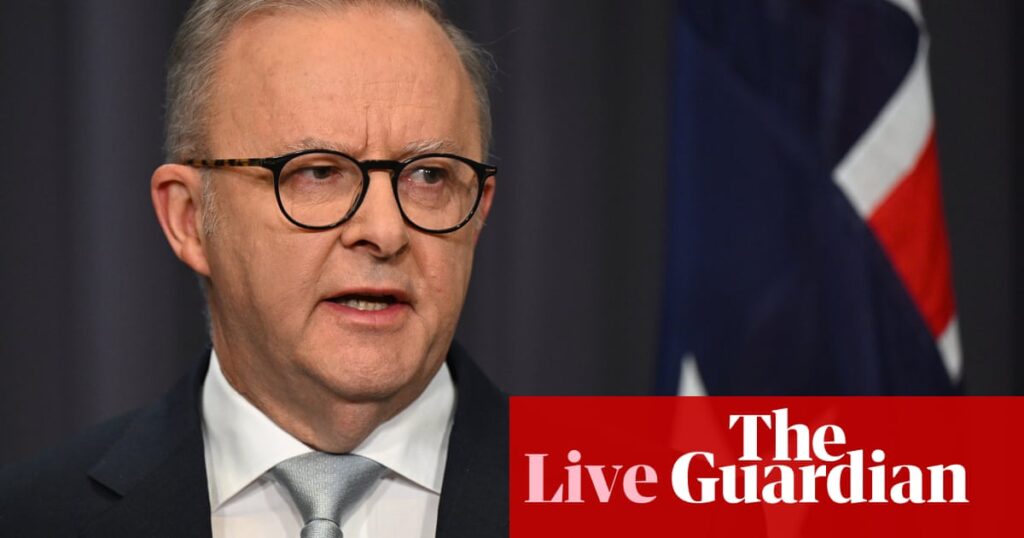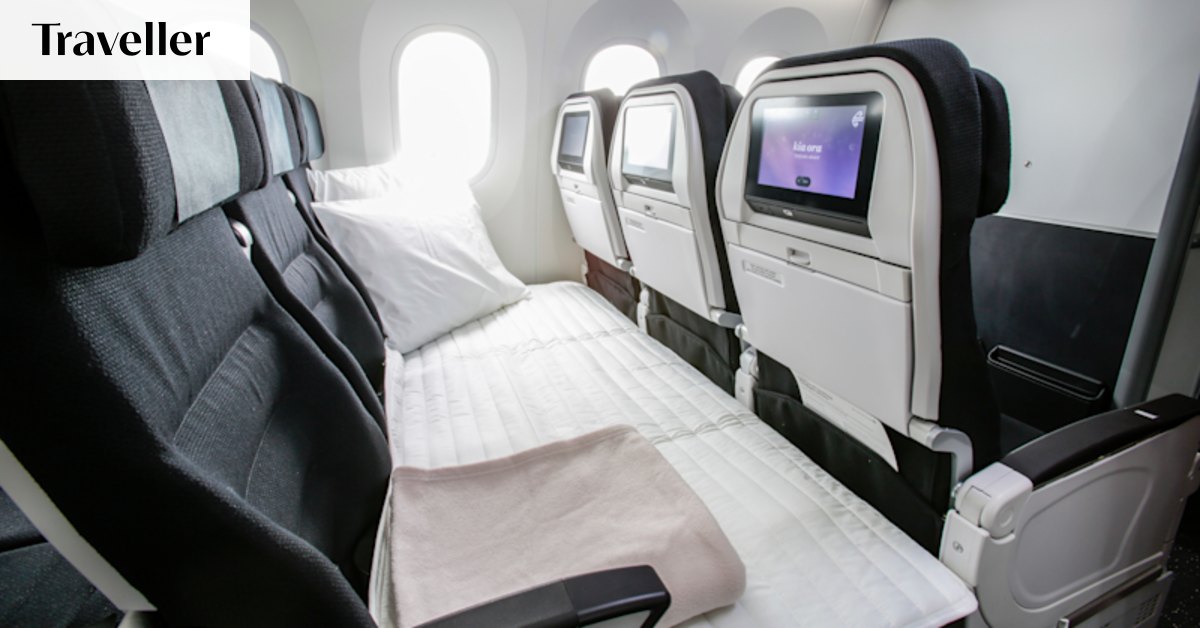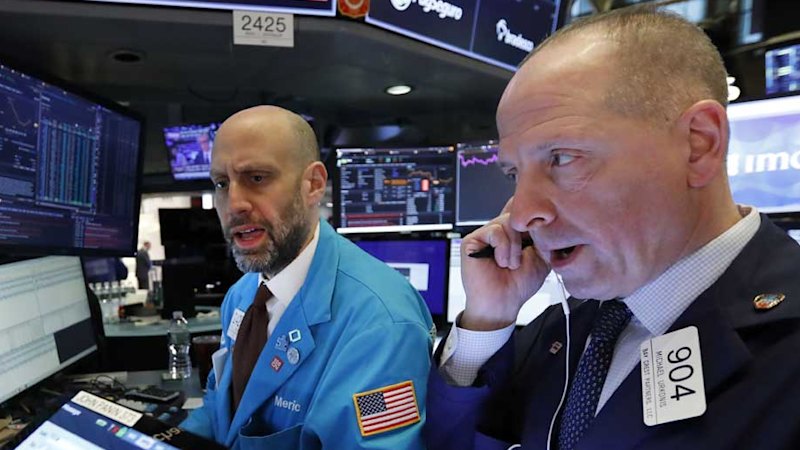
Australian Prime Minister Anthony Albanese has reaffirmed that Australia will independently manage its defense spending, despite concerns about potential US tariffs similar to those imposed on Spain. This announcement comes amid heightened global defense spending discussions, particularly following Spain’s decision to opt out of a NATO defense spending pledge.
Albanese, addressing repeated inquiries about Australia’s stance, emphasized the importance of prioritizing national interests. “I’m not going to comment on things between Spain and the United States,” he stated. “What my job is to look after Australia’s national interest, that includes our defense and security interests and that’s precisely what we are doing.”
Global Defense Spending Dynamics
The debate on defense spending has gained momentum after NATO Secretary-General Mark Rutte proposed that member states increase their defense budgets to 5% of GDP. This proposal, partly in response to former US President Donald Trump’s demands, aims to enhance collective security. However, Spanish Prime Minister Pedro Sánchez described the proposal as “unreasonable and counterproductive,” leading to a US response involving tariffs.
Albanese highlighted Australia’s commitment to investing in necessary capabilities, stating, “We’ll invest in whatever capability we need.” He also noted recent discussions with US Treasury Secretary and Trade Representative, underscoring ongoing economic dialogues between the two nations.
Australia’s Defense Strategy
Australia’s defense strategy has been under scrutiny, especially after NATO’s pledge to increase defense spending to 5% of GDP by 2035. Albanese was questioned about Australia’s commitment to raising its defense budget to 2.4% of GDP. He reiterated the government’s focus on enhancing capabilities and strengthening international relationships.
“What we’re doing is making sure that Australia has the capability that we need. That’s what we’re investing in,” Albanese asserted. This approach aligns with broader economic initiatives, including increases in the superannuation guarantee and paid parental leave, which were part of the government’s election agenda.
Expert Opinions and Historical Context
Defense experts have weighed in on the implications of global spending increases. According to Angus Taylor, Shadow Defense Minister, “It’s absolutely appropriate that we increase defense expenditure up to at least 3% of GDP.” He cited the growing threats from authoritarian regimes worldwide as a key reason for bolstering defense budgets.
Historically, Australia has maintained a cautious approach to defense spending, balancing fiscal responsibility with security needs. The current geopolitical climate, marked by tensions with nations like China and Russia, has prompted a reevaluation of defense priorities.
Implications for Australia and Beyond
The decision to maintain an independent defense spending strategy reflects Australia’s broader foreign policy goals. By ensuring a robust defense posture, Australia aims to bolster its standing as a key player in regional and global security frameworks.
This move also signals Australia’s commitment to its alliances, particularly with the United States and the United Kingdom, while maintaining sovereignty over its defense policies. As global defense spending continues to rise, Australia’s approach may serve as a model for other nations navigating similar challenges.
Looking ahead, the Albanese government will likely continue to balance defense needs with economic considerations, ensuring that Australia’s security interests remain a top priority.





